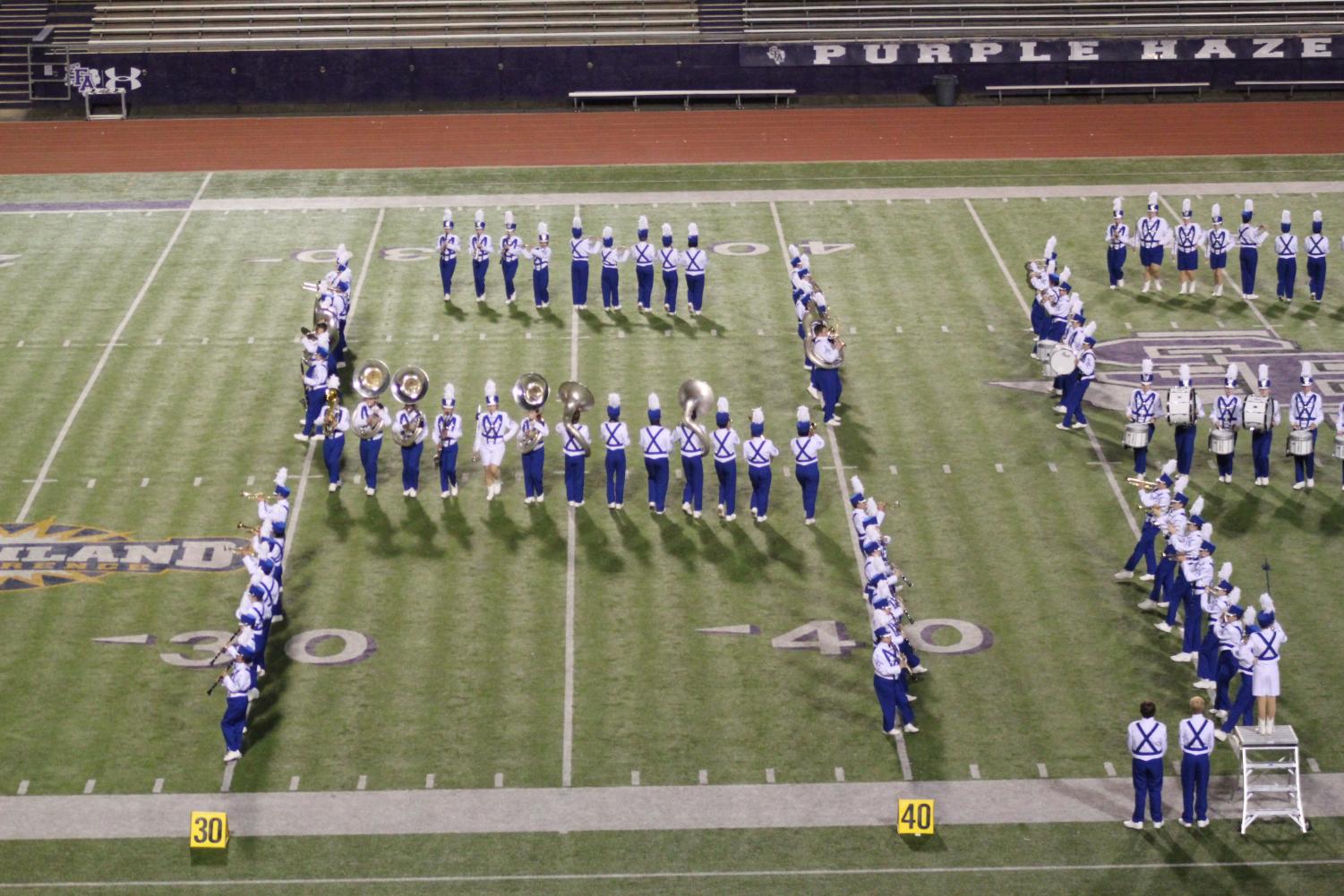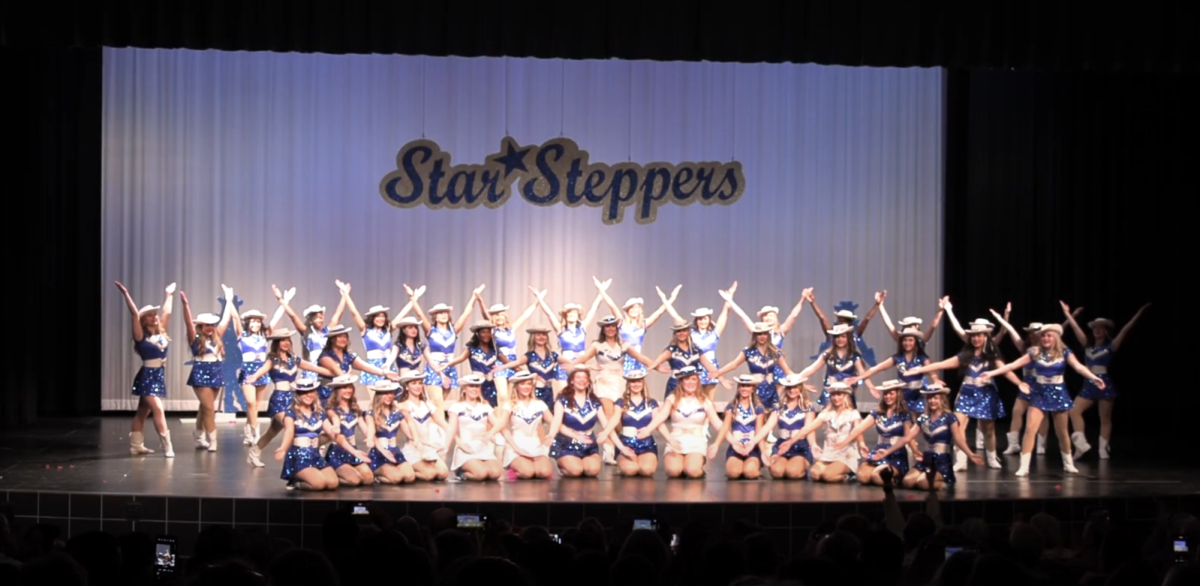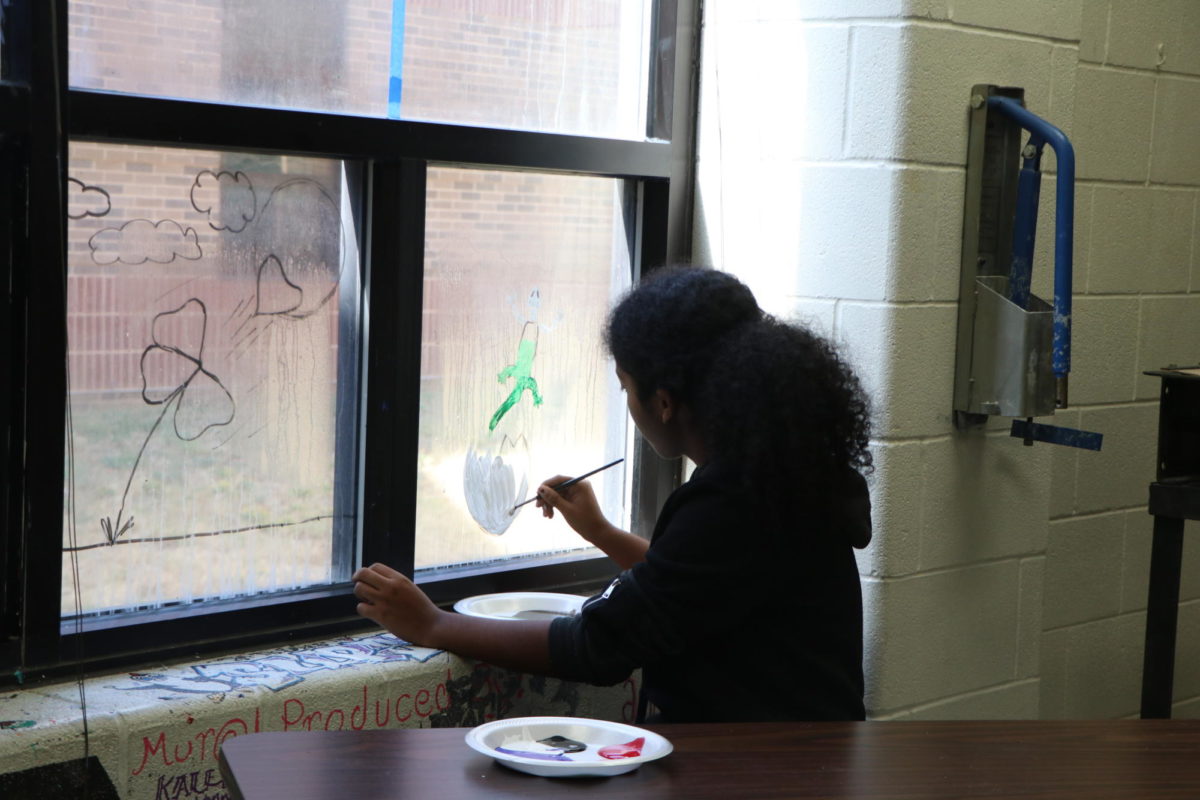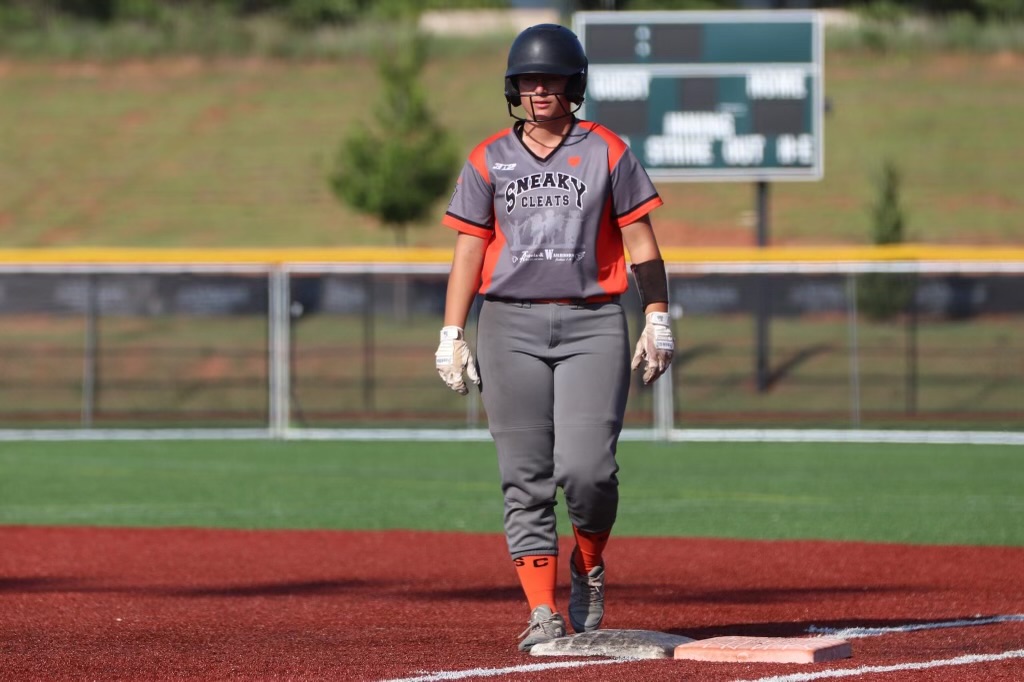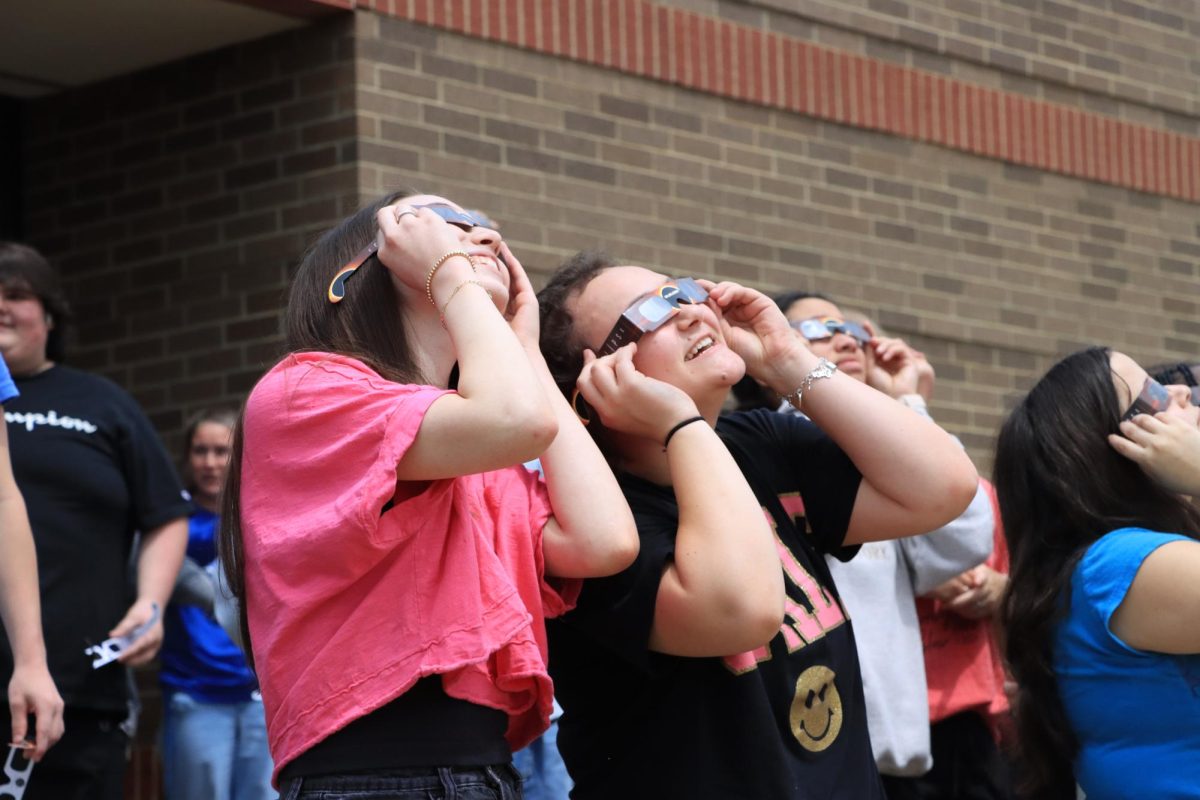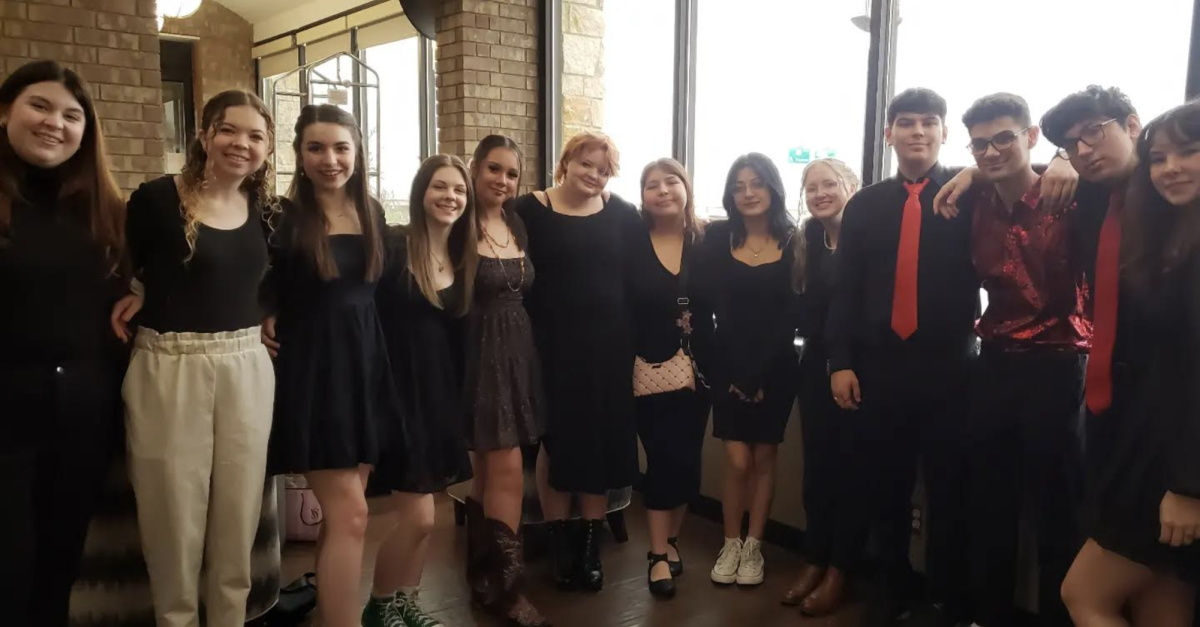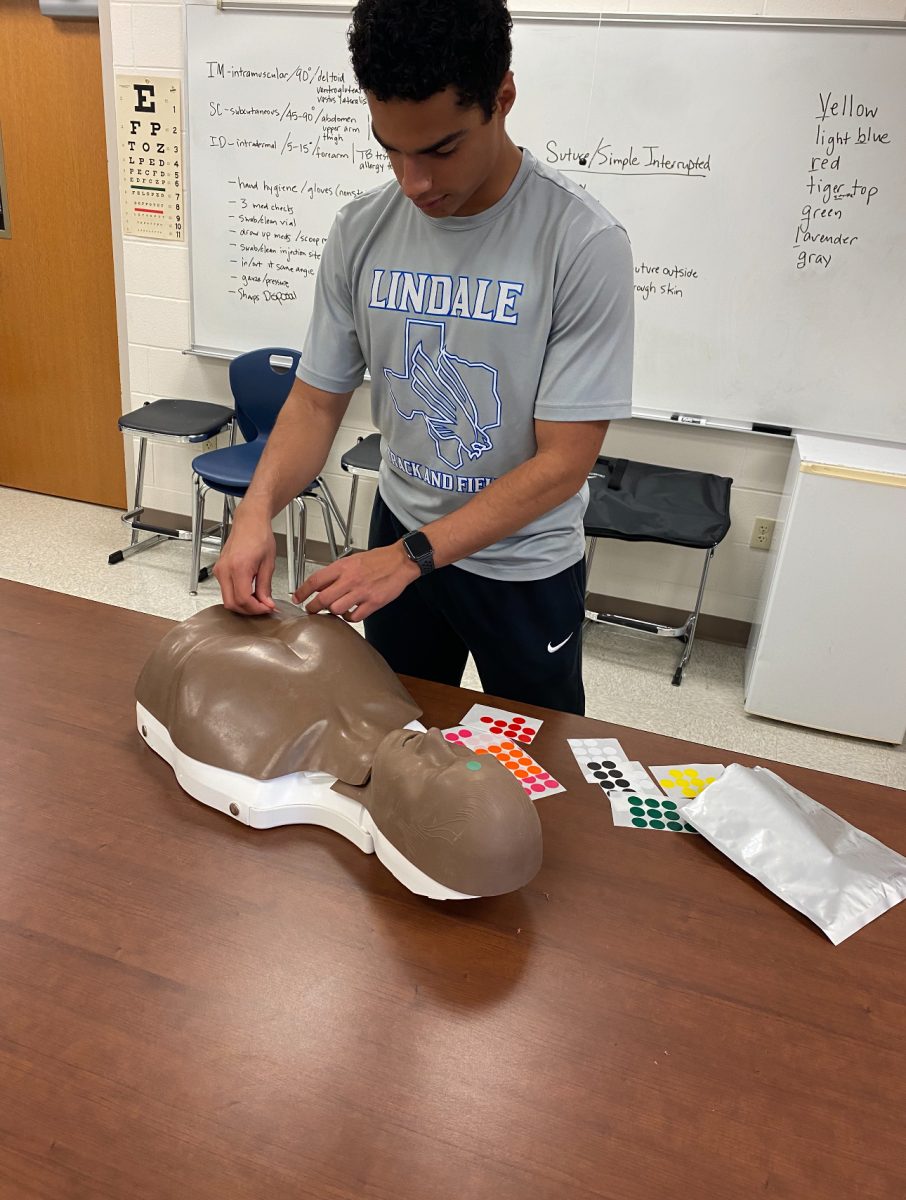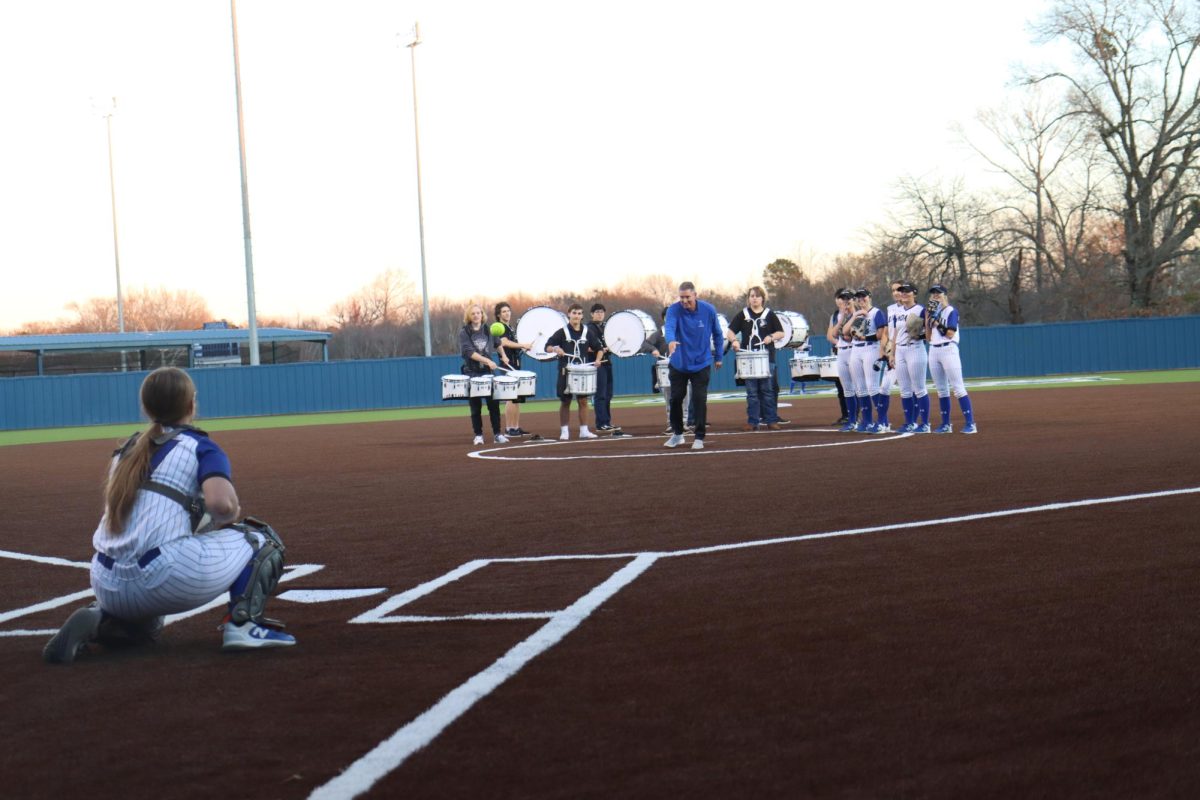Tempo. Performance. Precision. Military bands across the state know these words well. However, this style of marching has become much more rare than it once was, as schools switch over to the more theatrical, dramatic performances of corps bands. The remaining military bands meet once a year in a competition put on by the National Association of Military Marching Bands (NAMMB), where they perform in a strictly military environment, in hopes to preserve this style for years to come.
The University Interscholastic League (UIL) recently voted to endorse NAMMB as the UIL State Military Marching Contest. Head band director Steven Moore, along with two other directors, made the original proposal for UIL to approve NAMMB six years ago.
“I think [this is important] for several reasons,” Moore said. “There are 60 communities in our state that [military] is the style they want their school to march, so I think it’s important that UIL recognizes that because it’s an important part of our history. It’s a part of these communities’ culture, and so by adding that, it adds more validity to what we do.”
The late Butch Almany, former Lindale head band director, helped found NAMMB in 1979. This was the first step to preserve the military style of marching as corps began to become more popular statewide.
“We felt like that style needed to be preserved,” Moore said. “It is the history. It is where all school bands come from. Even the corps bands today got their start back then with the military marching style.”
Six years ago, Moore and two other band directors went to Austin and presented the proposal to the UIL. Several military bands have made it to the mainly-corps UIL State contest, especially in the smaller classifications, so there has been a military director on the UIL committee in charge of the contests.
“That kind of put the idea out there and got the ball rolling that we needed our own contest because military bands and corps bands are just so different,” Moore said. “Over the course of the last 6 years, corps bands have really evolved and pushed the limits and have gone places and are doing things that military bands just can’t do.”
Currently, there are three UIL contests. The Region contest is held annually and is solely for bands to receive a rating. The Area and State contests are held every other year, and military bands must compete against the more-popular corps style at both of these contests.
“I think [the judges] will really be able to focus in on what the military marching style actually is and what our goals are as a military marching band,” junior Elizabeth Stone said. “I think we possibly could do better because of the judges knowing what they’re looking for. It will definitely give us more rest and peace in [that] we know we’re going there and they’re going to know what we’re doing.”
“I think it is our ‘Field of Dreams’ moment. I really think that it saves the style for years to come.
— head band director Steven Moore
The logistics of the contest have not been determined yet. NAMMB will form a committee to decide how the contest will work, though it has been decided that Classes 1A and 2A will be combined to create a viable competition size, as will Classes 5A and 6A, while Classes 3A and 4A will remain separate.
“I’m excited,” Moore said. “I think it is our ‘Field of Dreams’ moment. I really think that it saves the style for years to come, but what I really think it’s going to do is grow the style because whenever you create opportunity for folks to be successful or to feel that they can be successful then they’re going to gravitate towards that and fill that void as it were. I think it’s going to be a great thing for military bands.”


